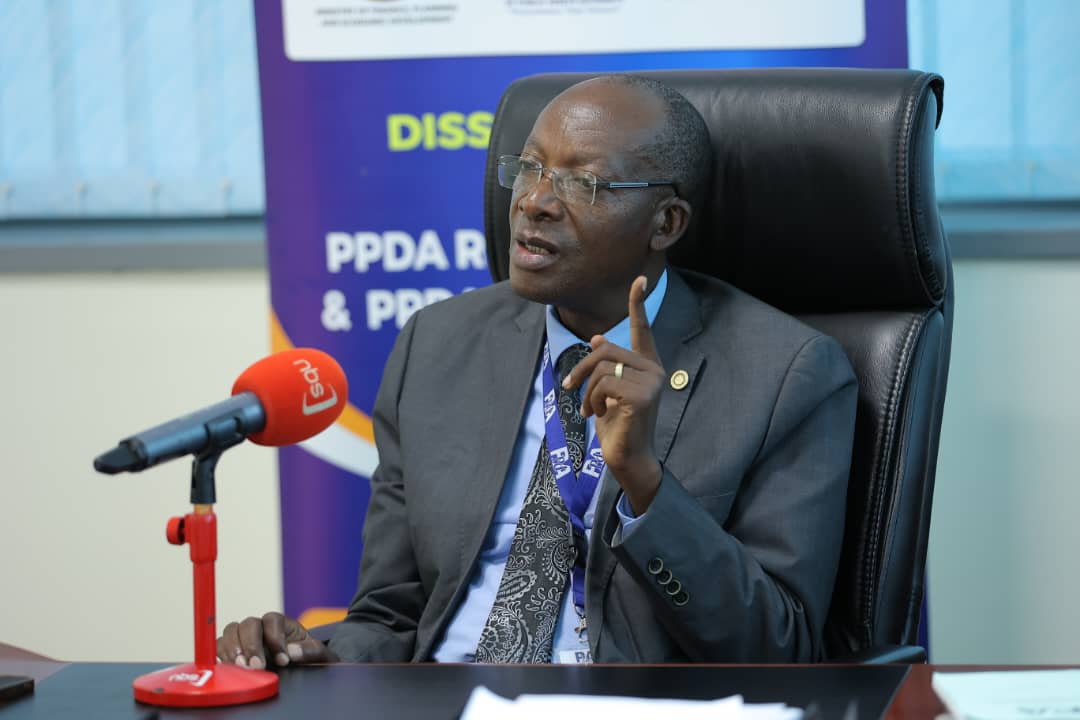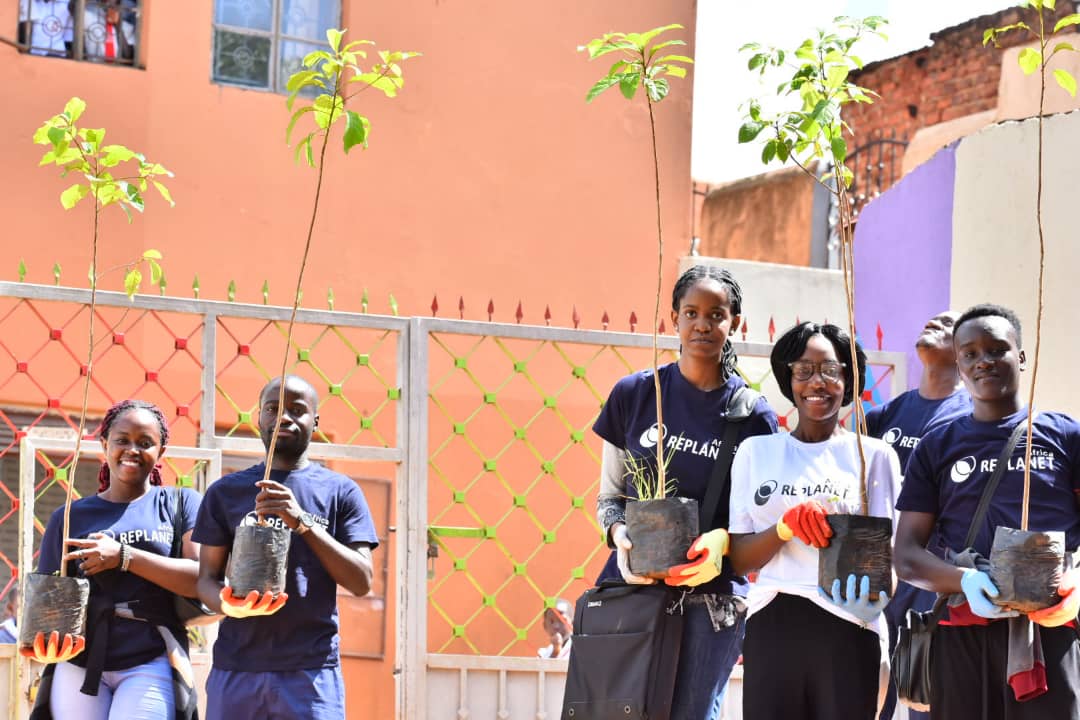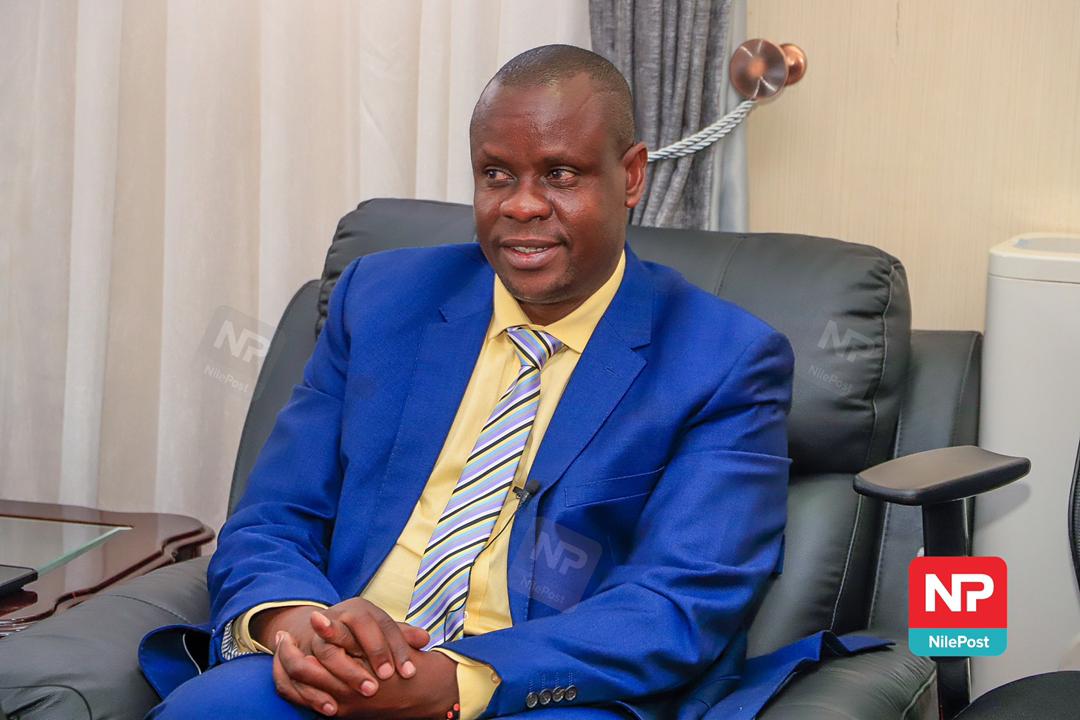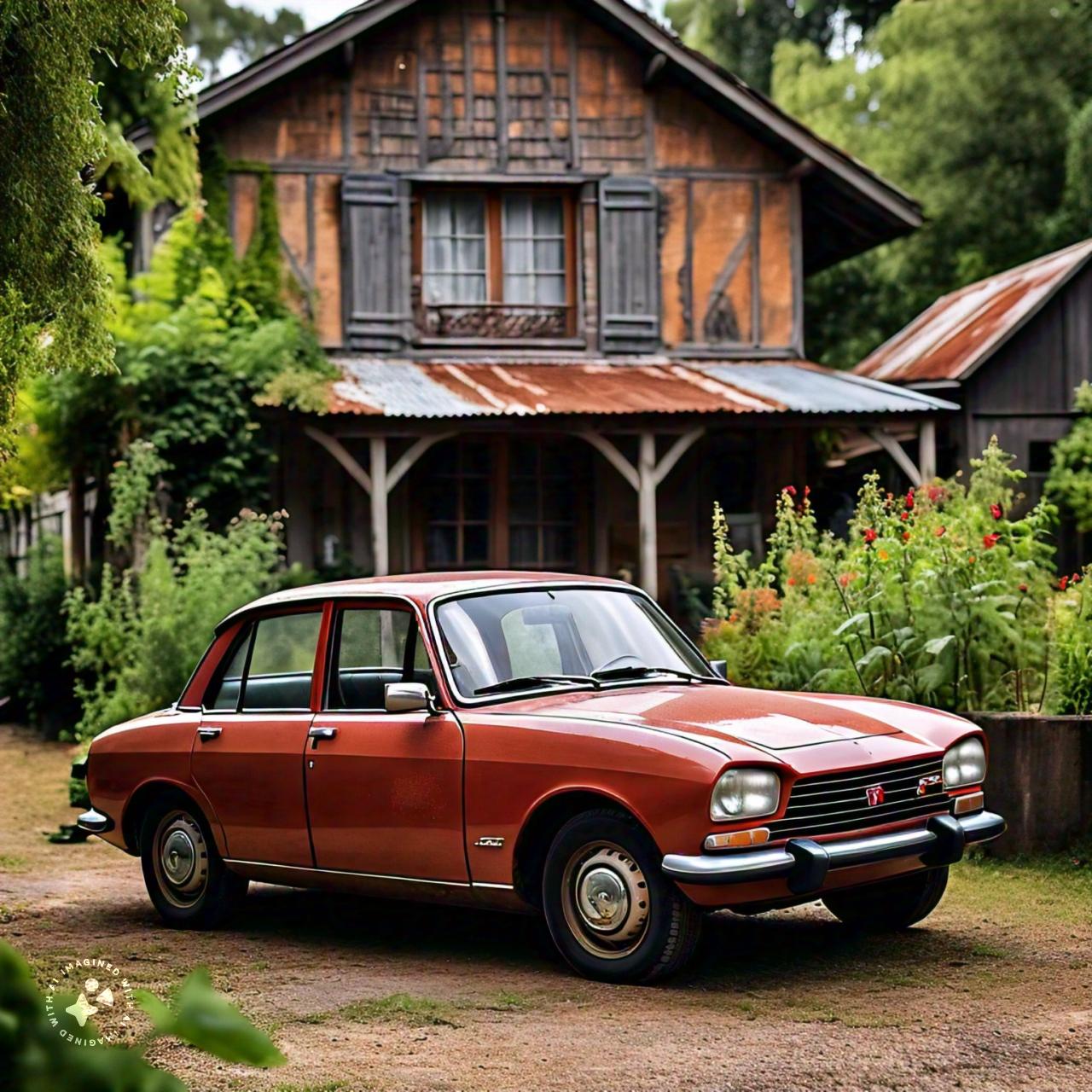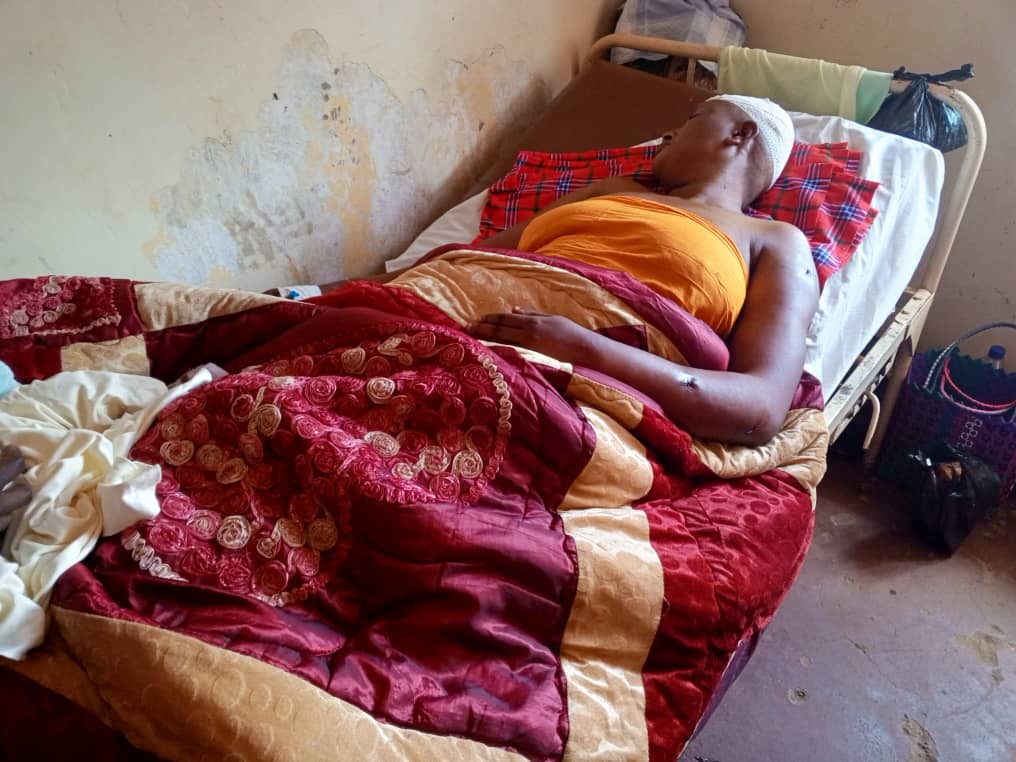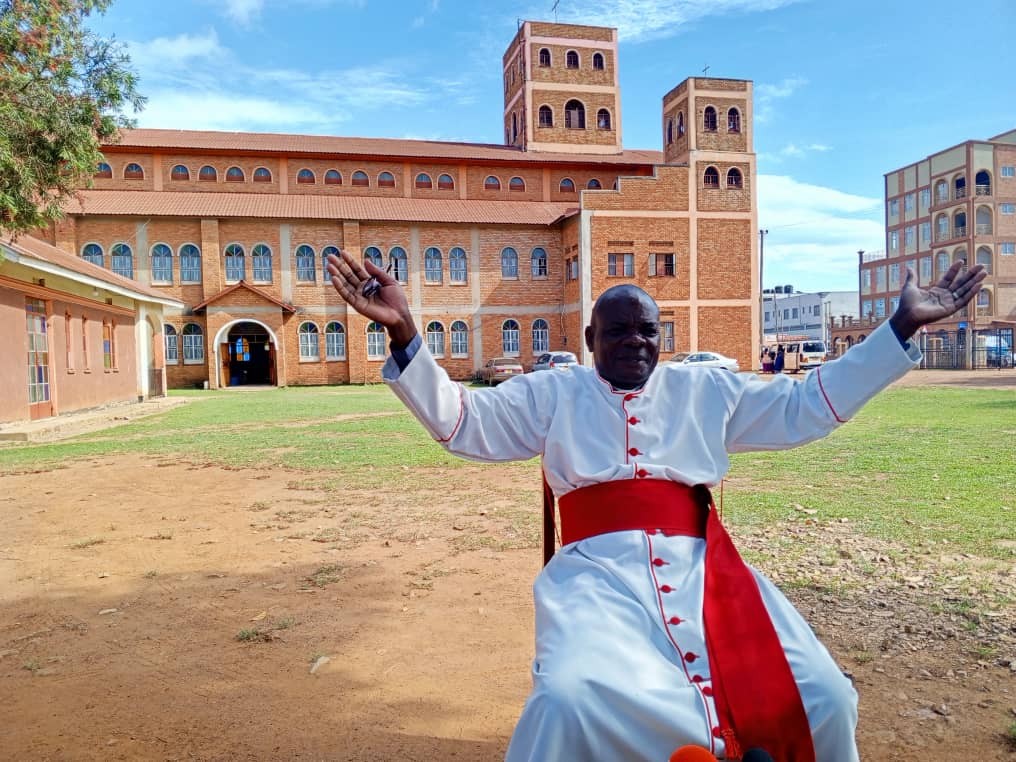Rule of law, healthy debate should be encouraged ahead of the 2021 election
Tricia Gloria Nabaye
Keep Reading
The Electoral Commission recently delivered guidelines to be followed by the presidential aspirants on how campaigns will be carried out in the election cycle leading up to the 2021 general elections.
In view of the realities of living in a pandemic, the call for scientific campaigns was advanced amidst rejection from the majority of the opposition and the electorate.
The opposition continues to clamor for participation in the midst of challenges posed by the scientific election guidelines.
Notably, the events leading up to the consultations and campaigns have seen an increase in control and stifling of dissent and an outright violations of the Standard Operating Procedures provided by the Ministry of Health and the Electoral commission.
On different instances, some aspirants of the National Resistance Movement have been caught on camera and shared in the media conducting consultative meetings and leading processions that are contrary to the Standard Operating Standards of the Ministry of Health and the Electoral Commission.
The highlight of the matter being the recent procession held by Honorable Evelyn Anite in Koboko district, that saw thousands of residents in a procession aloof to the realities of covid-19 and with evident protection from the police forces of the land.
The contradictions in execution of the election cycle guidelines continue to stifle participation and dissent for members of the opposition. Consequently, we cannot bank on a free and fair election if the basic tenements of political participation and association continue to be eroded.
Cases of arbitrary and preventative arrests have become a new normal for opposition politicians and government critics in Uganda.
Security forces continue to use excessive force with impunity in their engagements with the opposition even in cases where violence is not necessary.
Evidently, the environment for engagement for the opposition politicians poses a strain in execution of their desired campaign strategies and timelines.
More so, the underlying freedoms of engagement, association and expression continue to be hard-pressed in the running electoral cycle.
Therefore, for us to have a free and fair election it is every electorate’s hope that the government and its security forces will work towards legitimacy and rule of law in order to encumber impunity and create room for a healthy opposition.
It is imperative for government to restructure and pave way for dialogue and democratic processes. Embracing dissent becomes crucial because the game of governance is run on dialogue and compromise. We need to have consensus on fair justice and execution of the law during this election process.
Civil society together with the electoral commission should continue to champion civic engagement and participation as a vehicle to improve civic consciousness and as a tool for equipping the electorate as advocates for fair political engagement in our electoral cycle.
Civil society continues to work towards reclaiming, defending and expanding civic-political space for both non-political, political actors and front line defenders in the effort of making the political space inclusive and democratic but such a task equally falls in the mandate of the electorate to openly participate in their right to change government and to demand for free and fair elections.
As the political fever fires up in Uganda today, as a collective, we need to champion the cause for healthy political engagement and a reboot of the holds of democracy in our elections, short of that, we risk a total closing of the already shrinking civic-political space in Uganda.
The author is a Resident Research Associate at the GREAT LAKES INSTITUTE FOR STRATEGIC STUDIES
gnabaye@gliss.org





